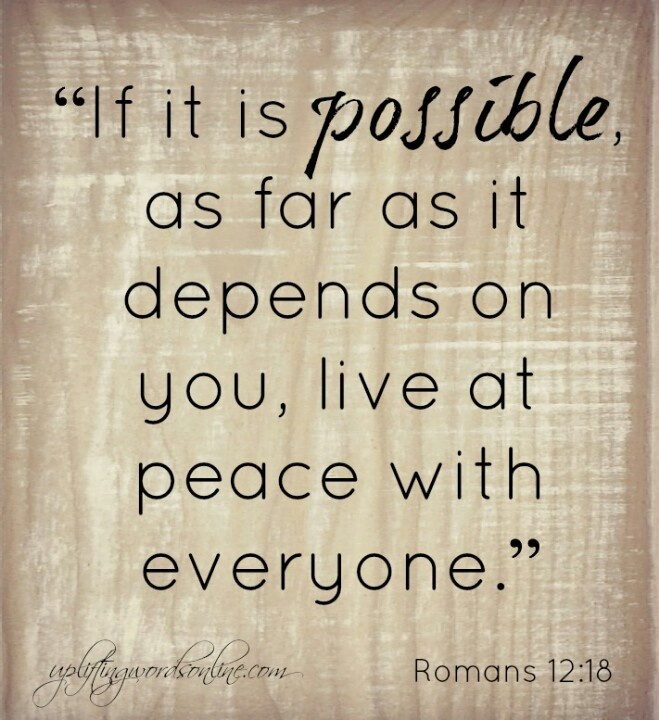
One more thing before I go into my traditional pre-Easter sulk while the majority of the world tiffs me off a smidge more than usual as people celebrate a nice guy’s murder with chocolate and bunnies and other Ostara (Germanic Goddess) -> Easter related traditions. Which I have nothing against. But let’s talk about the ritual murder and exploitation thing. Or … not. I mean, it’s not like Christians still do that kind of thing in Jesus’s name. <cough, cough>
An agnostic, former Christian I met recently was talking about how it was wrong to accuse all Muslims of being inherently violent. As they put it, “the purpose of religion is for societal harmony.” And most religions are inherently peaceful, with some bad actors. (And all their enablers, but none of us like to think about that too much.)
Here’s my response. I thought it might make a good blog post because … why not?
…
To me, faith in God is about the courage to go beyond ourselves. Because of faith in God, we should have the courage to go out and meet people who are different. When I was younger, it was to “share the Gospel” and convert them to Christianity. Then, I came to understand that God is everywhere and I got far more than I gave.
Peace is more than just “go along to get along.” It’s go along to get along and bring new people into the “harmony.” I like that word, harmony, so long as we know harmony has different notes. It’s not all just one sound. It’s different, complementary sounds working together.
Yes, there are violent “Christian” groups. There’s usually more to the story than “because of religion.” For example, in many Muslim and South American countries, you can see violence as (among other things) the lingering effects of a brutal Christian/European colonialism that often destroyed native cultures in the name of the One true God. Of course, God is not the reason for that. The real reasons are greed and the lust to dominate other people, sins like blood sucking ticks that gorge on organized religion to this day. Religious ideology and technological innovation just gives us room to reach more people faster.
I have a theory that Islam may have arisen from early Christian imperialism, due to various forms of Christianity which deny Jesus’s unique divinity in order to promote God-kings empowered to act in his name. Maybe pre-Muslim native peoples wanted a Judeo-Christian monotheism that worked for them. That’s why they rejected a false idea of what it meant for Jesus to be God. That false idea persists to this day: because Jesus is God and Christians “worship Jesus,” some Christians think they should have the right to do whatever they want to non-Christians. Including capture, enslave and exploit them. In order to (eventually) convert people like that to white European culture – I mean, Christianity. (No, I mean white European culture values including patriarchy and stoicism, ie., the denial of “emotion” in favor of relentless/hard facts.)
You can see some of these arguments reflected in the Qu’ran and in church history of the time, where many of the debates involve how to deal with non-believers and recognize converts. To this day, the process for converting to Christianity often has little to do with genuine faith and everything to do with ritualistic observance. Even then, are you really a believer? (Ie. are we no longer allowed to exploit and enslave you without feeling a smidge more wrong about it?)
All of which leads up to chattel slavery (of dark-skinned Africans in the United States) as recently as last century.
The racism/classism of certain variants of Christianity definitely persists to this day. With members (like me) in “First World” countries (the U.S.) aware but not wanting to think too much about how we exploit people, often in Jesus’s name. So, yes, there have been, and are, violent Christian groups. In fact, even when non-violent, Christianity has an unfortunate tendency to marginalize AND exploit outsiders/”sinners” such as sex workers, homosexuals, foreigners, in order to scapegoat them and maintain its moral/religious superiority. It’s a pattern you see throughout history. Not kidding. I see it right now. And, it is not cool, very not cool.
Want to see something cool? I saw this awesome video that has been gloriously controversial on “the other side” aka a certain kind of pearl-clutching Christian. I have a scheduled post for next Wednesday where I do some literary analysis of some of its motifs (there are SO MANY motifs) in order to talk about what constitutes creative risk-taking. This may be one of the most brilliant music videos I’ve seen – and the soul-searing poetry of the lyrics too. But maybe that’s just me. I know, my world is not everyone else’s world, but I kind of like it in my world. So, whatever.
2 thoughts on “Religion, Peace, and War”